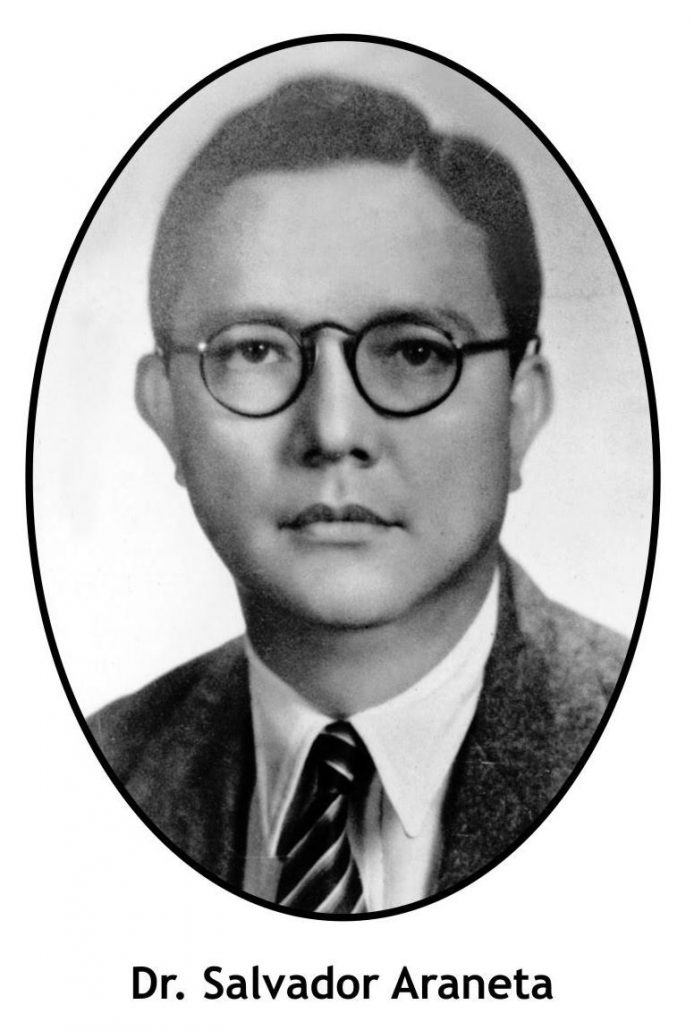 THE JUDICIARY
THE JUDICIARY
The Parliament shall reorganize the Judiciary for as long as it does not violate the principle of the independence of the Judiciary.
The Parliament (or Senate and Congress as they case maybe) shall create a Judiciary composed of the Supreme Court and the Constitutional Tribunal: the Supreme Court as the highest court in the land that shall settle cases involving private law and the Constitutional Tribunal that will settle cases involving public law.
The Supreme Court is empowered to create another Supreme Court. This second Supreme Court shall be temporary in nature. It shall handle all cases brought before it involving new cases of private law. In time, the new Supreme Court, which shall be composed of nine members, will merge with the old Supreme Court as all back log of cases brought to them would have been settled. The Supreme Court, with the approval en banc of all the Justices, shall be given the power to appoint all judges in the lower courts, a power currently vested in the President.
The Supreme Court shall have the same number of members while the Constitutional Tribunal shall have 31 members. The impeachment of Federal officials shall be decided by the Constitutional Tribunal which will have supervision over the Tribune of the People and shall have the power to declare acts of the Legislative or the Executive branches as unconstitutional.
The Constitutional Tribunal will also execute the following duties: handle taxation and public utility cases; pass decisions on conflicts between different government bodies, whether in the Federal or State governments; have jurisdiction over the Commission on Elections, the Civil Service Commission and the Commission on Audit (powers transferred from the President); and have the power to recommend to Parliament the creation of Specialized Courts.
In Araneta’s Bayanikasan Constitution, there will be a Parliament of Citizens in the Federal Legislature and a Citizens ‘Assembly in each State Assembly. There shall also be a Tribune of the People in the Federal Government and in each level of Government.
THE PARLIAMENT OF CITIZENS will represent the people on a national level. The delegates will represent different professions or occupations and they will receive compensation from their respective organizations.
THE CITIZENS’ ASSEMBLY will function in each state and also receive compensation from their respective organizations.
The citizens’ groups, whether in the Federal level or State level, shall have the right of voice and vote in their corresponding Commissions of the political bodies. Three members of the citizens groups interested in a bill shall have the right of voice and vote in the corresponding Commissions of the official bodies.
THE TRIBUNE OF THE PEOPLE shall be the eyes, ears and conscience of the people and shall have the following powers: to investigate cases of graft and corruption and to initiate impeachment proceedings before the Constitutional Tribunal and the Civil Service Commission and to prosecute criminal, civil and administrative violations of law by any public official or employee. An absolute majority of votes of the Constitutional Tribunal shall be required for the impeachment of a Constitutional official.
TENURE OF OFFICE – No person shall hold two government offices at the same time. This prohibition automatically applies to the spouse. While a person is in government, he must devote his full time and attention to his job. However, he must be adequately compensated. All assignments in all levels of government shall last for six years. No person, who has served in any capacity, in any level of government, during one administration, is allowed to serve as a non-career official in the following administration. Non-career officials are those elected or appointed and who do not belong to the Judiciary, the diplomatic service, except for ambassadors who are political appointees.
PENALTIES – A public official found guilty of graft and corruption shall pay a fine that is double the amount of the subject of his offence, serve a prison term as provided by law and suffer total and perpetual disqualification as a voter and as a government official.
TRANSPARENCY – Before they take their oaths of office, public officials shall sign an irrevocable power of attorney in favor of the government so that the latter may confiscate any funds illegally acquired.
SALARIES – The salaries of the members of Parliament and the State Assemblies will be equivalent to 12 times the minimum wage. The members of the Federal and State Troikas shall be entitled to official residences. The appointed Ministers of the Executive powers shall receive 14 times the minimum wage. (To be continued/PN)

